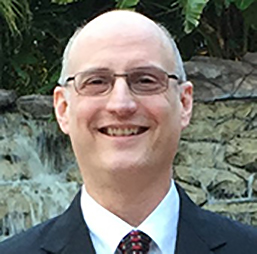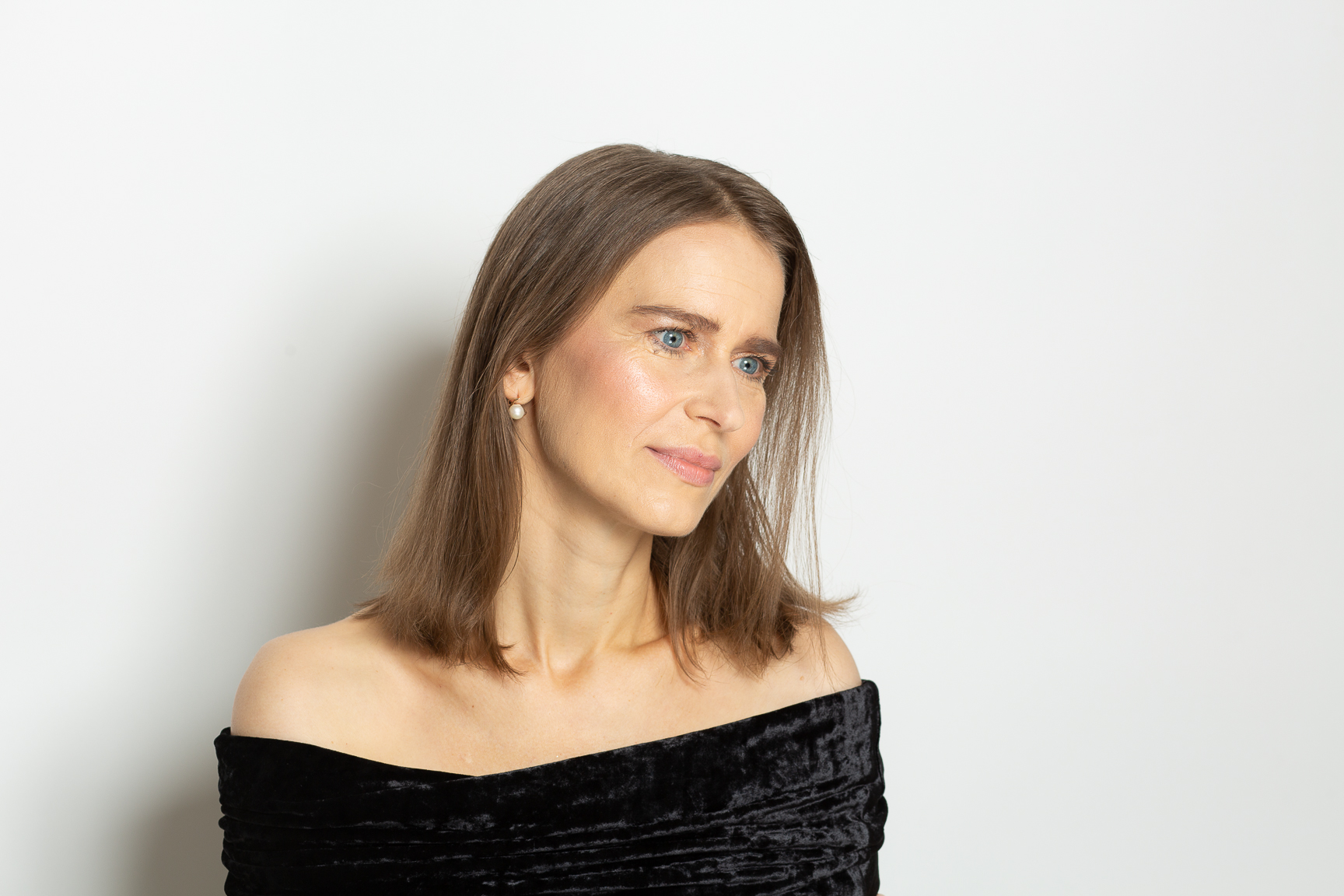About
The son of two Jewish holocaust survivors, composer and arranger Stanley M. Hoffman’s motto is “Eyes on the stars, feet planted firmly on the ground.” Just as Stravinsky composed some 12-tone music, he does not believe that composers should limit themselves in this regard. Currently attempting his first entrepreneurial effort with a fine arts organization, Dr Hoffman’s unique musical voice can be heard in his compositions no matter which musical language he employs.
Stanley M. Hoffman was born in Cleveland, Ohio in 1959. He has lived in the greater Boston area since 1977. He received degrees in Composition from Brandeis University (PhD 1993), the New England Conservatory of Music (MM 1984), and the Boston Conservatory (BM 1981).
Dr. Hoffman’s accomplishments as a composer include having his flute duet, Arirang Variations, receive a world premiere performance on a program in Toronto, Ontario, Canada on April 12, 2015, by bass flute players Peter Sheridan and Judy Diez d’Aux in a concert was sponsored by the Toronto-based music organization Flute Street. Peter Sheridan also commissioned Prelude and Fughetta for alto flute and organ and gave the premiere performance of this work on May 3, 2015, St. Patrick, Mentone, VIC, Australia, with the organist Christopher Trikilis. Peter Sheridan also recorded the flute duets Meditations and Memories which appears on the CD Monologues and Dialogues performed on the Australian label MOVE Records (Catalogue Number: MD 3349), and Arirang Variations which appears on the CD Continental Drift, also recorded on MOVE Records (Catalogue Number: MD 3403). The individual tracks are available on iTunes.
His compositions Crimson Sunset for organ solo, Album Leaf for harp solo, Variant on “Battle Cry of Freedom” for wind quintet, Get me a rag! Just a minute... for piano solo, and Limericks and Laughter Thereafter for clarinet solo, were chosen for performance by David Bohn, Jasmin Cowin, the West Point Woodwind Quintet, Shiauuen Ding, and Bruce Curlette, respectively, in the 2012 and 2011 call for scores known as “15-Minutes-of-Fame” by the Composer’s Voice Concert Series in New York City.
His piece Capricorn for clarinet, violin, and piano was selected to be part of the 12-movement work titled Zodiac: Across the Universe. That work received its premiere in China as part of The Zodiac Trio’s November 2013 10-concert tour.
Dr. Hoffman won a co-first place prize in the 2008–09 Longfellow Chorus International Composition Competition for his setting of the Longfellow poem Nature.
He won a third-place prize in the 2008 Choral Composition Competition sponsored by The New York Virtuoso Singers for his piece Anim Zemiros for SATB chorus.
In 2008, Dr. Hoffman received a commission from Carolina Brass for Fanfare, Tango and Fughetta on Hebrew Themes.
Grant Us Peace for SATB chorus received an “Honors” citation in 2002 in the “Waging Peace Through Singing” project sponsored by iwagepeace.com.
The first song from his song cycle Selections from “The Song of Songs” for male voice and wind ensemble received a 1996 premiere performance from the Metropolitan Wind Symphony in Boston with the composer performing as the vocalist.
Dr. Hoffman received a 1995 commission from the ALEA III contemporary music ensemble in Boston for his composition Trio in One Movement for clarinet, viola, and violoncello.
His piece There Is a Name for SA chorus and amplified classical guitar or orchestra was performed before an audience of over 8000 people at the dedication ceremonies of the New England Holocaust Memorial in Boston on October 22, 1995 with the guitar
accompaniment.
Dr. Hoffman’s composition String Quartet (1987) was performed by the Boston Composers String Quartet at Jordan Hall in Boston on January 29, 1989. This piece was also performed by them in the Weill Recital Hall at Carnegie Hall, New York City on February 12, 1989.
He received a 1984–85 Broadcast Music Incorporated (BMI) Award to Student Composers for his composition Thirteen Ways of Looking at a Blackbird.
Senior Editor at ECS Publishing Group from 1998-2021, Dr. Hoffman was laid-off because of the economic toll caused by the COVID-19 pandemic. He also works as a conductor, arranger, vocalist, lecturer, documentary film consultant, and writer.
Email: stanley@stanleymhoffman.com
Website: www.stanleymhoffman.com
Blog: https://www.stanleymhoffman.com/blog
Alignable: https://www.alignable.com/biz/businesses/4183672
Choirplace: www.choirplace.com/profile/Stan
ChoralNet: www.choralnet.org/view/user/12190
Facebook: www.facebook.com/stanleymhoffman
Interkultur TV: www.interkultur.tv - search videos for Stanley M. Hoffman
LinkedIn: www.linkedin.com/in/stanleymhoffman
Nkoda: https://www.nkoda.com/artists/Stanley-M-Hoffman
Pinterest: www.pinterest.com/stanleymhoffman/classical-music-composer-and-arranger-stanley-m-ho
Soundcloud: www.soundcloud.com/stanley-m-hoffman
YouTube Channel: www.youtube.com/c/stanleymhoffman0Wnw

